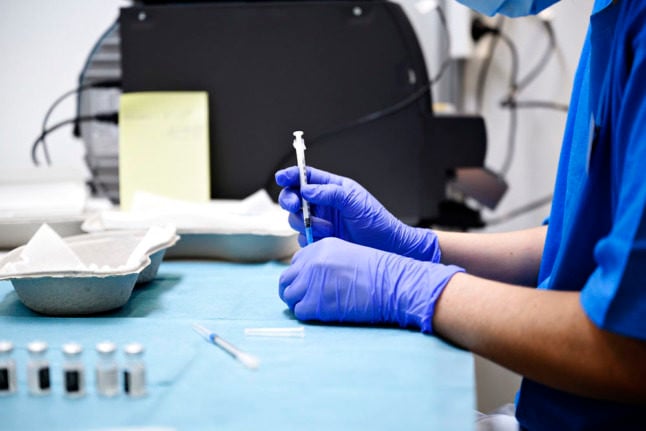A total of 1,233 fully vaccinated people in Denmark have subsequently tested positive for the coronavirus, according to the agency.
The 1,233 infections occurred amongst 1.6 million people who completed vaccination between December 27th, 2020 and June 30th, 2021. That corresponds to an infection rate of 0.08 percent for fully vaccinated persons.
Those numbers indicate good protection against the virus is provided by the vaccines, according to SSI’s professor and head of department Troels Lillebæk, who provided comment to broadcaster DR.
“This is a very small number and it shows how effective the vaccines are,” Lillebæk said.
Fully vaccinated people are also more likely to experience more mild illness with the virus should they become infected, the senior SSI official said.
“Typically, if you are fully vaccinated, you will have a mild illness and rarely be admitted to hospital. The people we are seeing at hospitals now are the ones who are unvaccinated or those who have just received one dose,” Lillebæk told DR.
University of Copenhagen vaccine researcher Camilla Foged said the numbers were “very good” and added that it should be expected that a number of vaccinated people may still catch the virus.
Foged urged vaccinated people to remain cautious give full protection from vaccines is gained around two weeks after the second dose is given.
“My message to young people is that they should take care until they are fully vaccinated. You are not very well protected by a single dose, so you can still get Covid (after receiving the first dose),” she told DR.
READ ALSO: Covid-19 vaccine: Denmark offers Pfizer jab to children ages 12-15
The figures released by SSI cover the period up to the end of June. As such, the effect of the Delta variant on infections is not yet apparent, Lillebæk noted.
Vaccine effectiveness is “reduced a little” against the Delta variant, Foged said, meaning that more double-vaccinated people are likely to be infected with the variant.
After accounting for under one percent of new cases at the beginning of June, Delta recently took over as the country’s dominant variant of Covid-19 and now makes up almost 80 percent of new cases.



 Please whitelist us to continue reading.
Please whitelist us to continue reading.
Member comments